Purchasing a home is likely to be the most significant financial decision you’ll ever make. While your finances are crucial, other factors such as your age, the current real estate and mortgage market, and your future plans play vital roles in determining whether it’s the right time for you to buy a home
Should You Rent or Buy?
To decide if you should rent or purchase a home, consider the following questions:
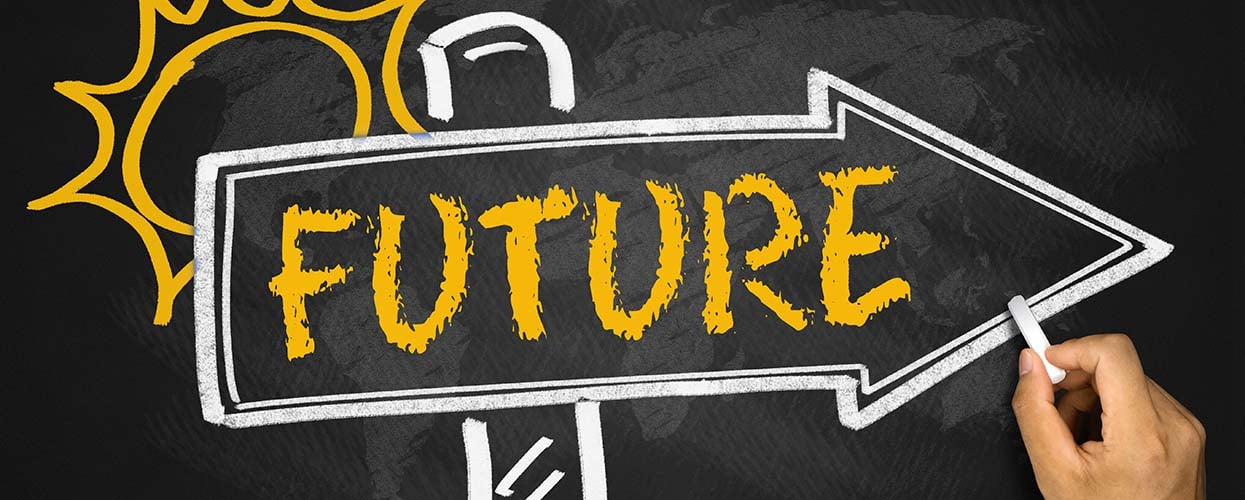
What are your future plans?
In the short term, renting is typically more affordable. Renting involves fewer costs, like the first and last month’s rent, a monthly utility bill, and moving expenses. Conversely, purchasing a home involves several expenses beyond just saving for a down payment. These include land transfer taxes, legal fees, and potential closing costs. Once you move in, your monthly expenses will likely exceed those of renting.

Consider how long you plan to stay in your current location. If you intend to stay indefinitely, buying may be your best option. However, if you’re planning to stay only a few years, renting could be significantly cheaper. Keep in mind that in large metropolitan areas, property values might increase, potentially offering financial gains, but market fluctuations are unpredictable.
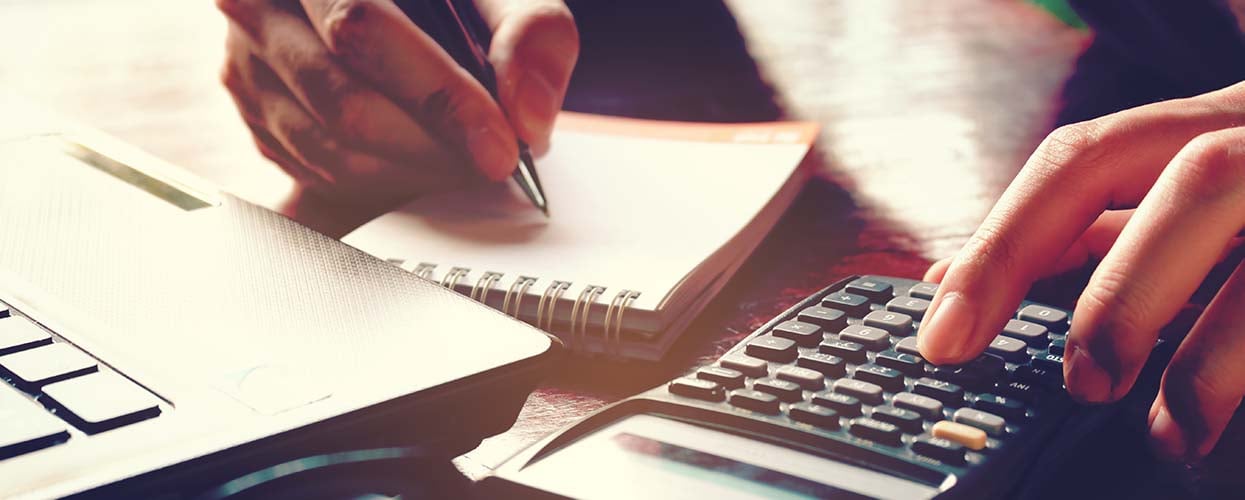
How much does it really cost?
Home ownership comes with numerous fees. Beyond the down payment, which is usually about 20% of the home’s purchase price, you’ll encounter legal fees, land transfer fees, closing costs, and moving expenses. Additionally, you’ll need to furnish your new home and possibly invest in window treatments, renovations, or repairs.
Owning a home means paying your mortgage, property taxes, and maintenance fees if applicable. Other costs include utilities, insurance, and setting aside funds for future repairs, such as a new roof or furnace. Compare these expenses with renting, where you typically pay a monthly rent, utilities, and tenant insurance. Assess your savings and calculate the long-term costs of buying versus renting to determine the best financial decision for you.
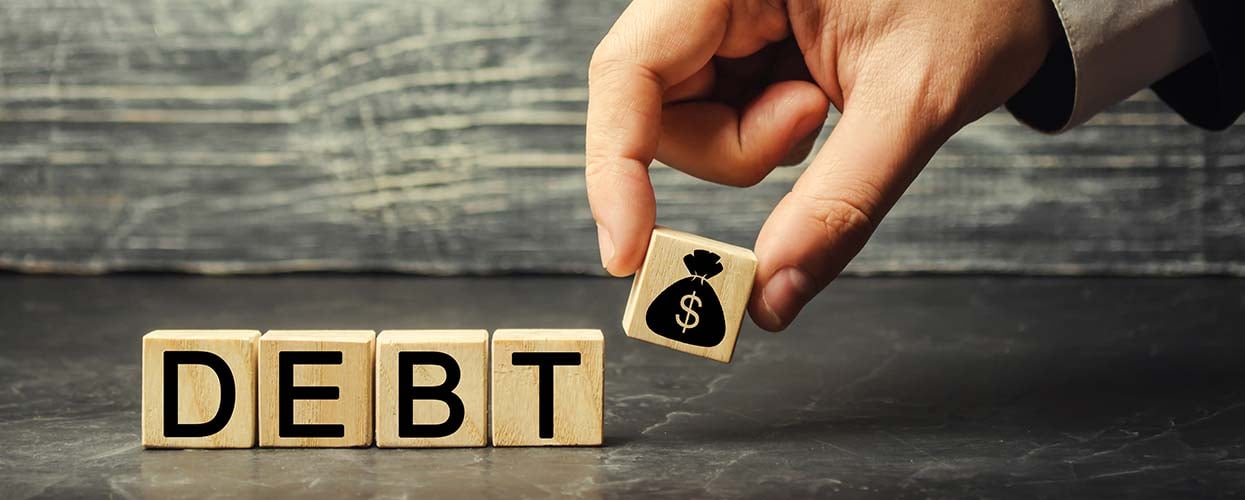
Are you in high interest debt?
If you have high-interest debts, such as car loans or credit card balances, it might be wiser to pay them off before saving for a home deposit. Taking on a mortgage while already in significant debt could worsen your financial situation. Additionally, having existing loans may decrease your chances of securing a mortgage with favorable terms. Focus on reducing your debt before committing to a mortgage.
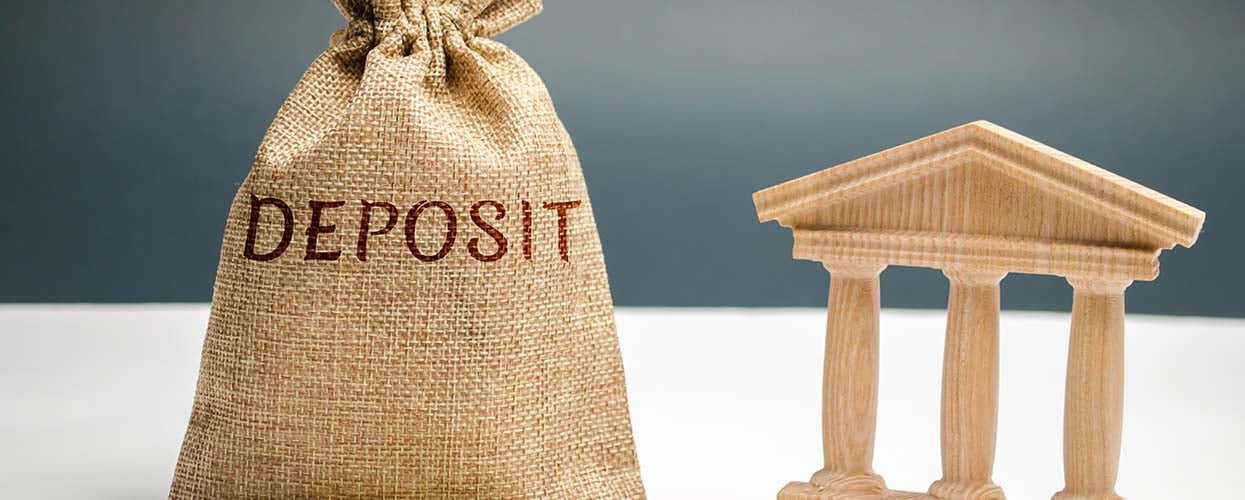
Do You Have the Down Payment Saved?
Without 10% to 20% of the home’s purchase price saved, your monthly payments will be much higher. A larger down payment reduces your carrying costs and may eliminate the need for mortgage insurance, which can increase monthly payments. Evaluate your current savings, determine how long it will take to save for a down payment, and consider starting your home search once you’re financially ready. Alternatively, you could explore borrowing from family to enter the market sooner.
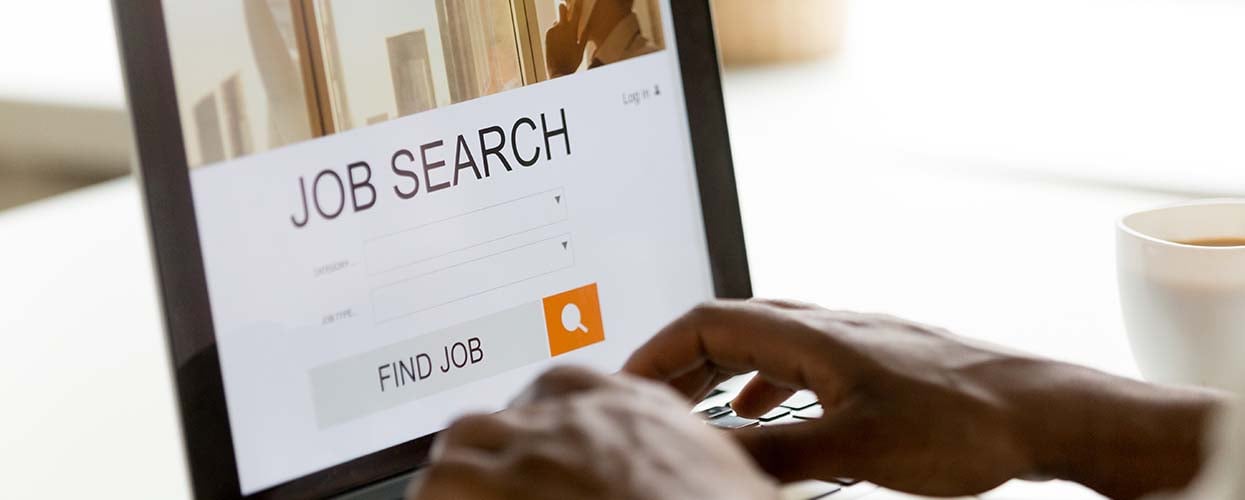
Is your job stable?
Consider how long you’ve been in your current job and whether you plan to remain in your field. If you’re satisfied with your career, plan to stay in your city, and feel confident in your job stability, purchasing might be a wise choice. However, if you’re in a job with a temporary contract, seasonal work, or have just started your role, it may be prudent to wait until you feel more settled.
Conclusion
While building equity and benefiting from future appreciation are appealing, buying a home isn’t always the best choice. If you’re early in your career, have outstanding debts, lack sufficient savings for a deposit, or are uncertain about your job stability or location, renting might be a more suitable option until your circumstances become more secure and predictable.



